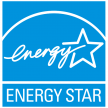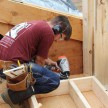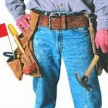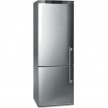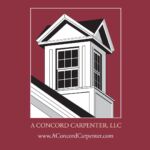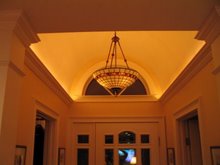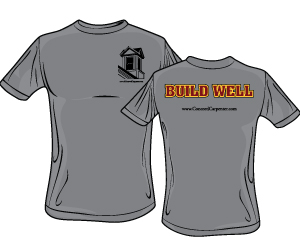Energy Efficient Upgrade Resources
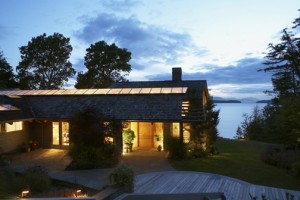 Energy Efficient Upgrades to Existing Homes
Energy Efficient Upgrades to Existing Homes
Guest post by Tracy Burleson, director of residential programs at the Propane Education & Research Council
As more homeowners seek solutions to improve the energy efficiency of their home, it is becoming increasingly important for construction professionals to gain knowledge about what upgrades provide the best payback and energy cost savings. Residential buildings consume approximately 20 percent of energy usage in the U.S. To identify ways to lower U.S. consumption, a new study by Newport Partners LLC, the Whole House Analysis of Energy Efficiency Upgrades for Existing Homes, was designed to assist construction professionals and homeowners in prioritizing energy-saving projects.
The study, commissioned by the Propane Education & Research Council (PERC), examined dozens of energy efficiency upgrades, such as appliances, building envelope improvements, space conditioning systems, renewable energy products, and domestic water heating systems. Results were broken down into elective and nonelective energy efficiency measures (EEM), in 10 geographically and climatically diverse locations across the country. Elective EEMs include upgrades such as adding attic insulation and replacing windows, whereas nonelective EEMs are classified as appliances that could result in equipment failure and must be repaired or replaced, such as furnaces, lighting, boilers, water heaters, and refrigerators.
Consistent Performers Across Climate Zones
Of the two types of EEMs evaluated, two specific upgrades performed well across a majority of climate regions. Replacing incandescent lights with high-efficiency lighting resulted in a payback of less than one year, and air sealing the building envelope offered a return on investment of one to three years.
of less than one year, and air sealing the building envelope offered a return on investment of one to three years.
Top Space Heating Systems
However, there is no one-size-fits all solution for all regions when it comes to space heating and cooling; the dual-fuel system, was the most consistent performer across all regions except the hot-dry/mixed-dry climate zone. The dual-fuel system included an air-source heat pump (ASHP) coupled with a high-efficiency propane furnace, and had a payback of four to six years, with CO2 savings of approximately 7.28 metric tons, the highest amount of carbon emission savings of any upgrade tested in the study. Another high performer for space heating and cooling was the high-efficiency propane furnace, in lieu of a standard-efficiency propane furnace, in mixed-humid, cold-very cold, and Northeast regions. This option had a payback of about one year with CO2 savings of 2.52 to 3.76 metric tons.
Climate Matters for Water Heating
There was not a consistent performer for water heating in all regions, and the payback and emissions savings were small in warm climates. However, in the Northeast, several systems offered strong payback and emissions savings. For example, five systems, including electric, propane, and fuel oil had returns equal to or less than five years. Of these systems, the propane tankless, condensing unit provided the highest carbon emissions savings with 0.62 metric tons.
In addition to identifying which upgrades offer homeowners the fastest return on investment, the study also points out which upgrades had paybacks of more than 10 years. Tax incentives were not taken into consideration for this study, since they can vary state to state; however, in some cases, incentives could bring down an upgrades payback time, due to lower upfront costs.
Looking for More Info
To learn more about the study’s findings, a full copy of the report can be found on www.buildwithpropane.com. To enroll in a free, online continuing education course, visit www.propanetrainingacademy.com and select “Residential Energy Performance Upgrades: An Energy, Economic, and Environmental Analysis.” This CEU is approved by the National Association of Home Builders (NAHB) and American Institute of Architects (AIA).
About the Propane Education and Research Council
The Propane Education & Research Council (PERC) was authorized by the U.S. Congress with the passage of Public Law 104-284, the Propane Education and Research Act (PERA), signed into law on October 11, 1996. The mission of the Propane Education & Research Council is to promote the safe, efficient use of odorized propane gas as a preferred energy source. To learn more about the organization, please visit www.propanecouncil.org, for information on building with propane, visit www.buildwithpropane.com.



